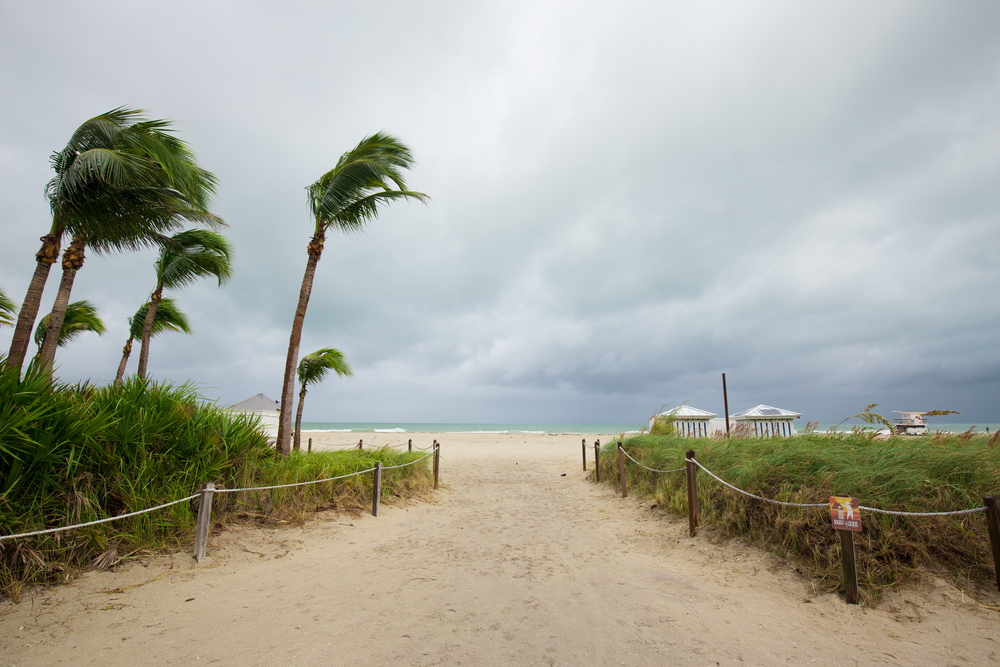June marked the beginning of the Atlantic hurricane season, which will last until November 30. The Trop ical Meteorology Project (TMP), which specializes in Atlantic Basin seasonal hurricane forecasts, predicts 13 more named storms for 2017. Counting tropical storm Arlene, which formed in April, the number increases to 14.
ical Meteorology Project (TMP), which specializes in Atlantic Basin seasonal hurricane forecasts, predicts 13 more named storms for 2017. Counting tropical storm Arlene, which formed in April, the number increases to 14.
“We anticipate that the 2017 Atlantic hurricane season will have near-average activity,” said Dr. Klotzbach, meteorologist in the Department of Atmospheric Science at Colorado State University. “This forecast is due to a combination of predicted warm neutral ENSO to weak El Niño conditions combined with a somewhat warmer than normal tropical Atlantic.”
The TMP also announced that six of the 13 storms are anticipated to become hurricanes, two of them growing into major hurricanes, with maximum sustained winds of more than 111mph. Those living on the coast need to be extra careful as it only takes one hurricane for the unthinkable to occur. Scientists warn that disaster loses along the East and Gulf Coasts are projected to rise in the coming years, partly due to spikes in building and property development.
Wind damage from tropical storms and hurricanes is covered under standard homeowners, renters and business insurance policies. Be aware of the fact that flood damage is excluded under the said policies. However, separate flood coverage can be purchased from FEMA’s National Flood Insurance Program, as well as from a few private insurance companies.
Renters have the structure of the home they’re living in covered by their landlord’s policy, but their belongings, if damaged by a hurricane, need renters insurance. A standard renters policy also includes Additional Living Expenses (ALE) coverage, if the house or apartment they live in is inhabitable due to damage caused by a hurricane.
It’s important to review and update the insurance policy before disaster strikes. There are few things worse than discovering that you didn’t have the right kind of coverage when you’re in the middle of filling a claim.
How to stay safe
The National Weather Service has offered some guidance in case of bad weather. Here’s what they advise:
- Get as close to the ground as possible
- When in a building, get as close to its core as you can
- Keep away from doors, windows and outside walls
- The smaller the room, the better
Those living in apartments are advised to go to the lowest floor in the building. Some properties have a reinforce shelter, in a laundry room or some other shared space, so it’s smart to make a plan ahead of time to get there safely. This is crucial especially for people living on the upper floors or high-rise buildings.
